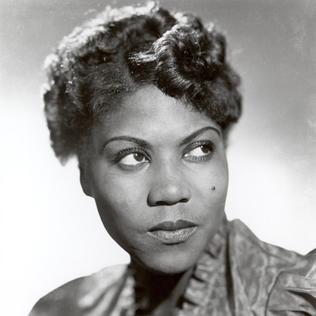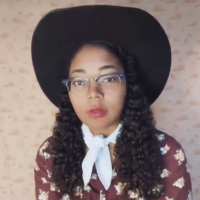While the Rainey Day and Color Me Country funds work tirelessly to assist artists of marginalized identities with the funds and tools they need to lift their careers off the ground, a lingering question remains: Who is going to help tell their stories in the press to both write and correct their history in motion? That’s where the Rosetta Fund comes in, created to nurture the next generation of marginalized identity journalists, podcasters, documentarians, and other media creators. Like most aspects of the music industry, the gatekeepers – and beyond – are predominately white, leaving the stories of marginalized artists in their hands, where they are subject to misrepresentation, tokenization, or worse.

Envisioned by music journalist Marissa R. Moss and named for its ties to both music and language, the Rosetta Fund aims to support and grow a diverse base of roots and country music storytellers, because representation and reflection must be present at every level of our society and in every aspect of our industry, if change is to truly be seen. In addition to financial support, the fund will also provide mentorship and resources to bring forth the storytellers of our future – storytellers who represent all, not just a few.
“If we’re going to make country and roots music a more inclusive place, we need a thriving pool of storytellers to match,” Moss explains. “We don’t tell folks how to spend the money, but here are things you need that are expensive barriers to entry: a portfolio site, a recorder, a reliable computer, research tools, databases, event parking, general living expenses while building clips with lower-paying publications, and a lot more. We want to help lighten that load just a little.”
Rosetta Fund Grant Recipients
 |
 |
 |
 |
 |
| Jalina Cason / Country Clippings | Holly G / The Black Opry | Erin Haley | Olivia Ladd | The Recovering Catholic (podcast) |